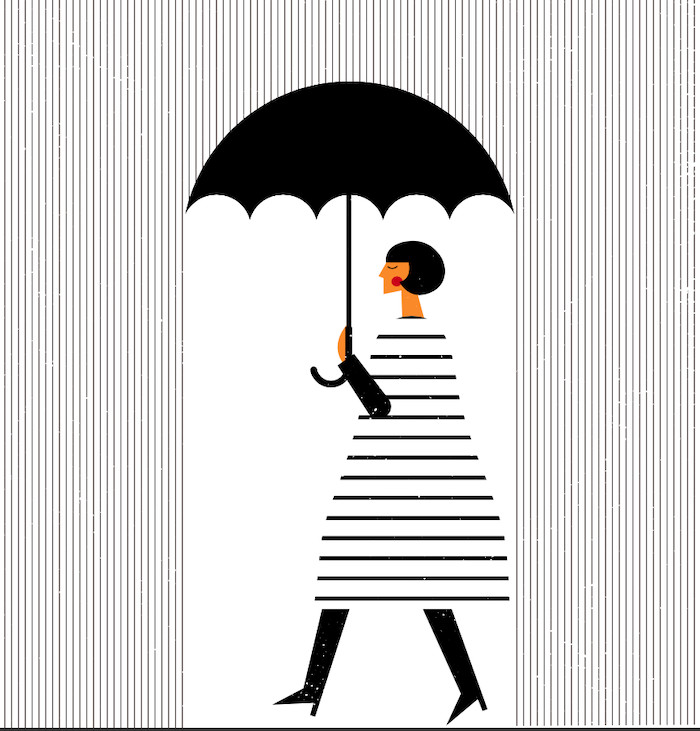
UK Hospitality chief executive Kate Nicholls outlines the hard truths about the financial difficulties the Budget has delivered to the industry.
My plans for this regular column have been slightly waylaid over the course of this year, as hospitality gets hit time after time with new costs, which have been important to address in these pages.
The budget, this government’s first, will have very significant implications for bars up and down the country, the vast majority of which are small and medium-sized, independent businesses.
The increases to employer National Insurance Contributions (NICs) will be the change that is most keenly felt by this sector. For those who may not have seen, although I’m sure that’s a very tiny minority, the government raised the rate of employer NICs by 1.2 percentage points from 13.8% to 15%, but the real kicker was the reduction in the threshold at which employers pay NICs from £9,100 to £5,000.
Almost halving that threshold will mean seismic changes for our bars and hospitality. That’s because it affects the cost of employing part-time staff significantly more than full-time, higher-earning workers. And, of course, our sector is one that employs large numbers of people on lower hours.
Time for some numbers. As a baseline, these changes, alongside the increase in the National Living Wage, will increase the cost of employing a full-time member of staff earning National Living Wage by £2,500, which is roughly a 10% rise.
Let’s look at a part-time team member working 14 hours a week, who will now, proportionately, become significantly more expensive to employ. Their employer NICs will go from nothing to £583, a huge increase. These are scary figures, particularly for bars that are already operating with very thin margins. And this is before we take into account the increases to both the National Minimum and Living Wage, which were at the higher end of expectations.
The real cost
In total, our calculations are that the changes in the Budget coming into effect in April will cost hospitality businesses £3.4bn. That’s £1.9bn in wage rises, £1bn in increases to employer NICs and £500m in a reduced rate of business rates relief.
After a five-year period that has included a global pandemic, an energy crisis, record inflation and a cost of living crisis, these costs are at a scale that businesses will simply be unable to afford. The impacts are stark. We’ve heard from businesses of all shapes and sizes that the consequences include reducing staff hours, restricting opening hours or days, cutting investment, lower pay increases and freezing recruitment.
At the extreme end, we’ve heard that jobs are at risk and businesses could go under. This is existential for many businesses – they just don’t think they will be able to survive. Many bars will be in the same position, and that is so detrimental to local jobs, local economies and our nightlife in the UK.
We all understand that the public finances are in a challenging position and that the government has a difficult job to do, but these cost increases look like they’re trying to balance the books on the back of high street businesses and that is unacceptable. Punishing small, independent businesses and the staff they employ is not the way to go about it, and we are pushing extremely hard for measures to mitigate that impact.
UK Hospitality has put forward two solutions that we believe can help soften the impact:
• Create a new employer NICs band from £5,000 to £9,100 with a lower rate of 5%; or
• Implement an exemption for lower band taxpayers working fewer than 20 hours per week, targeting support for part-time and lower-paid workers
While they would still come at some immediate financial cost to the government, the lost growth potential, business failure and lost jobs that would result from inaction would be substantially more expensive for the economy and our communities.
There are two practical points that bars should be aware of, which may provide some relief. Team members under 21 years old remain exempt from employer NIC contributions and there was an increase in the Employment Allowance from £5,000 to £10,500 per year, for eligible small businesses.
But it remains the case that during the election campaign, Labour spoke powerfully about backing our high streets and now they’re in government, we need to see those words turned into action. At the moment, the costs being levelled on the sector tell a different story. There was one positive in the Budget, although it seems like a distant prospect at the moment. The chancellor announced that she was proceeding with UK Hospitality’s proposal to introduce a permanently lower level of business rates for hospitality businesses, as part of Labour’s manifesto commitment to reform the broken system.
We expect that this measure will benefit 99% of hospitality properties, and it should be good news for bars when it finally comes into force in 2026. Of course, many hospitality businesses are concerned about making it through 2025, let alone making it to 2026, and mitigating the employer NICs bombshell coming in April needs to be the government’s priority.


